Urban Green Space: How can the Ecologist’s Voice be Heard?
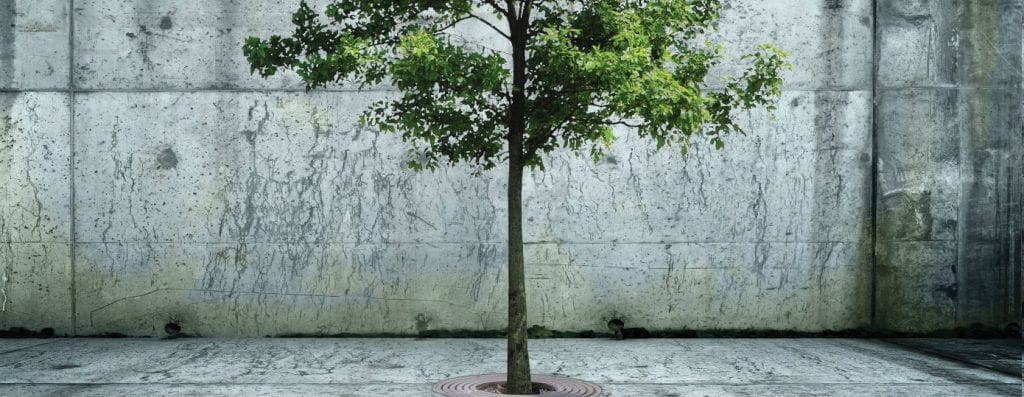
Ecology is such an integral discipline in securing the long-term resilience and establishing a future urban landscape that recognises the centrality of nature in the heart of and periphery of our built environment. Charlotte Markey, GreenBlue Urban’s Head of Strategic Partnerships and Public Relations, recently attended the Chartered Institute of Ecology and Environmental Management (CIEEM) Southwest Winter […]
A History of Urban Planning
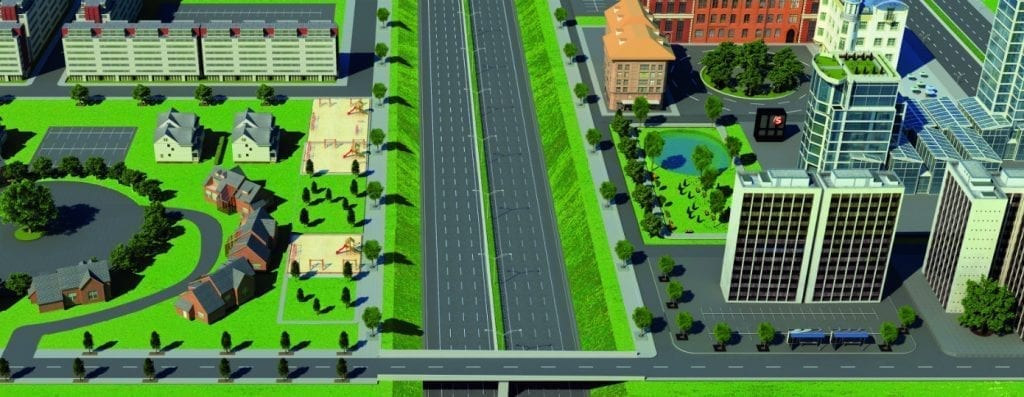
To appreciate the significance of project awards for sustainability in urban development, as we’ve discussed in previous posts, it is worth considering the historic struggle to gain acceptance of the benefits to be realised from the elevation of town planning to its current importance. The term town planning was first used in Britain in 1906. […]
How Trees Became a Symbol of Christmas

The first Christmas Trees came to Britain sometime in the 1830’s. Originating in Germany in the 16th century, they became predominantly popular in 1841, when Prince Albert (Queen Victoria’s German husband) had a pine Christmas Tree set up in Windsor Castle. In 1848, drawing of “The Queen’s Christmas Tree at Windsor Castle” was published in […]
Twas The Week Before Christmas: A Story of Urban Tree Planting
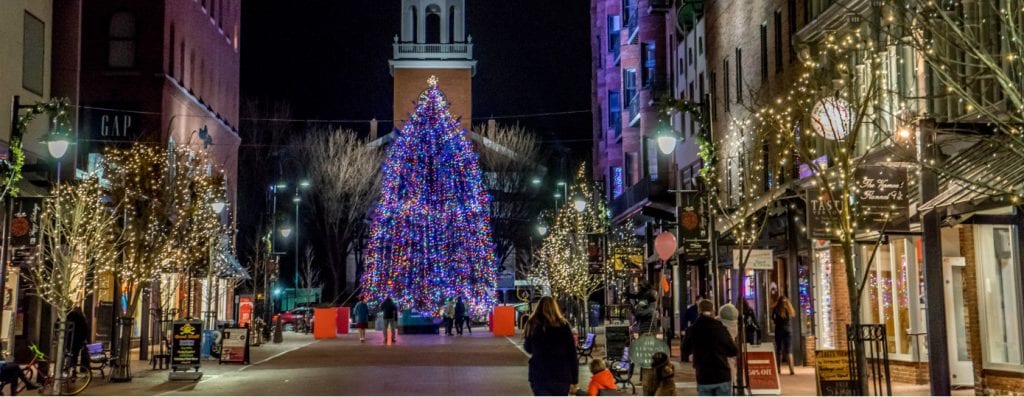
Twas the week before Christmas When all through the city Not a department was stirring Except for one BIA committee The street decorations Were hung with great care In hopes that the shoppers Would continue to be there But council determined That the city’s main street Needed a bit of an uplift To help the […]
Water Resilient Cities
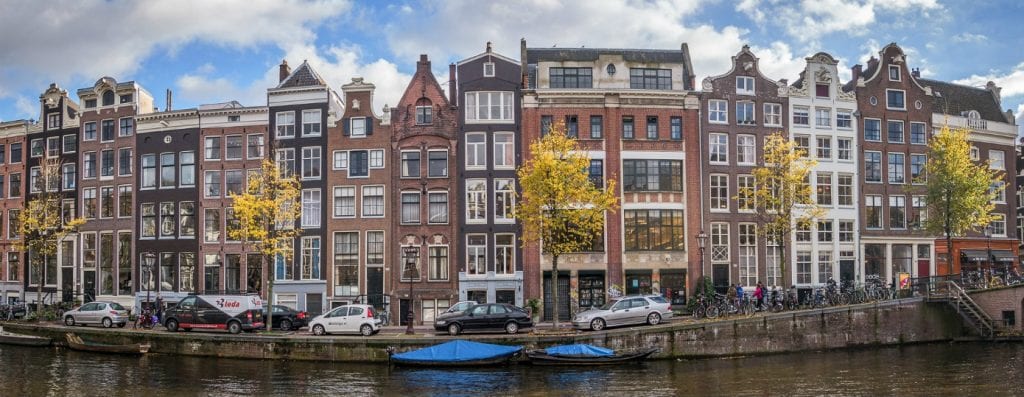
GreenBlue Urban’s Head of Public Relations & Strategic Partnerships, Charlotte Markey, recently had the privilege of traveling to Bruges, Belgium with a member of the Natural Infrastructure Team from Plymouth City Council. Together they met collaborators from France, Belgium, and the Netherlands to discuss an EU Interreg project which focuses specifically on communities in what the […]
Award Winning Urban Landscape Projects Featuring GreenBlue Products
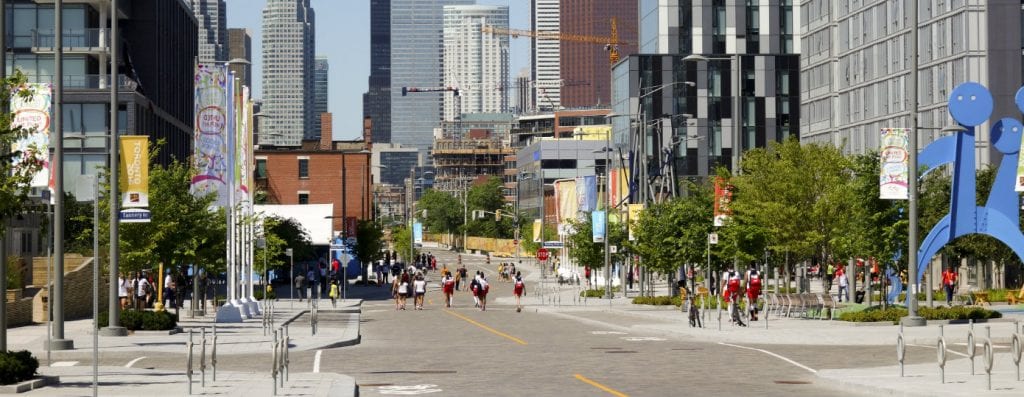
Many national and international organizations have instituted valuable competitions to recognize and reward innovative examples of best urban development and planning. Rectification of decades of neglect has elevated many bedraggled districts into thriving new communities. The London Docklands Development in the UK, conveniently supplemented by the massive 2012 London Olympics Construction and upgraded transport links, […]
Green and Blue in the Land of Milk and Honey
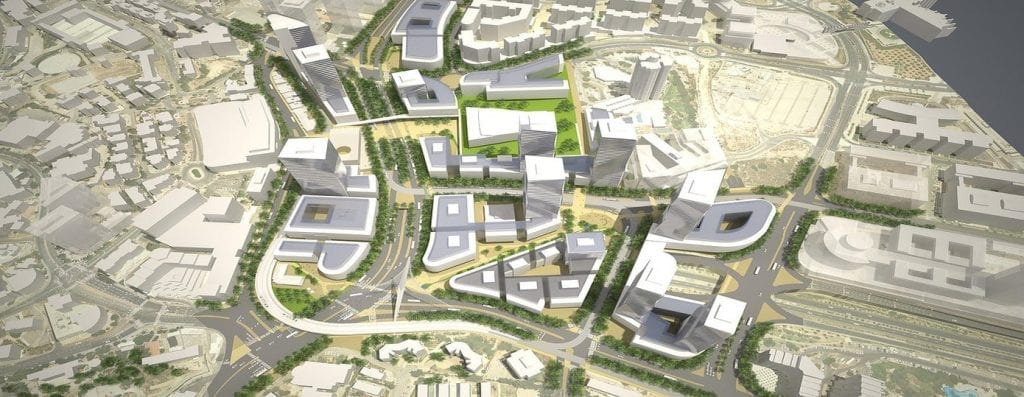
I have just returned from a once in a lifetime opportunity to travel across Israel, Jordan, and the Palestinian Territories. It is clear that what connects all the people living across these borders is a love of nature and a desire to integrate trees into their public realm and private residences. Walking on a warm, […]
Rising to the Stormwater Challenge
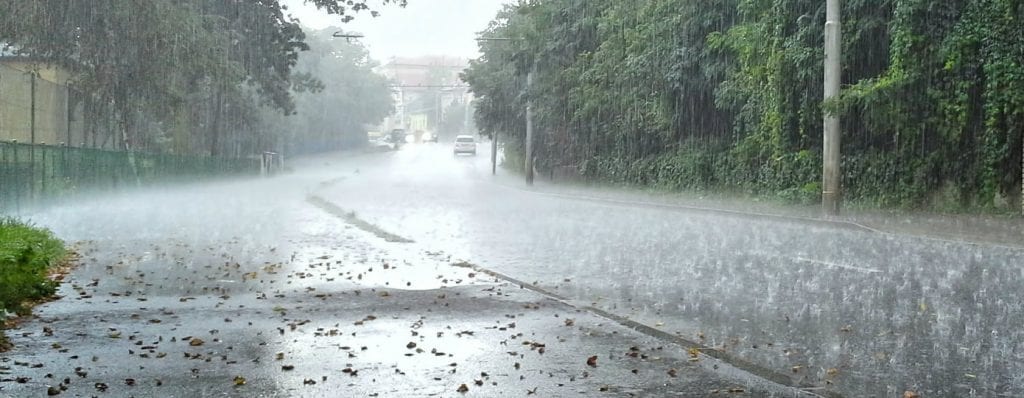
Traditional stormwater drainage methods that rapidly convey runoff from where it has fallen to a soakaway or watercourse increases the risks of flooding and environmental damage. The “Stormwater Treatment Train” is a collective strategy that uses an integrated approach of several components – such as LID tree pits – that slow, cool, treat, transpire, and […]
Leicester and the Integration of Green and Blue
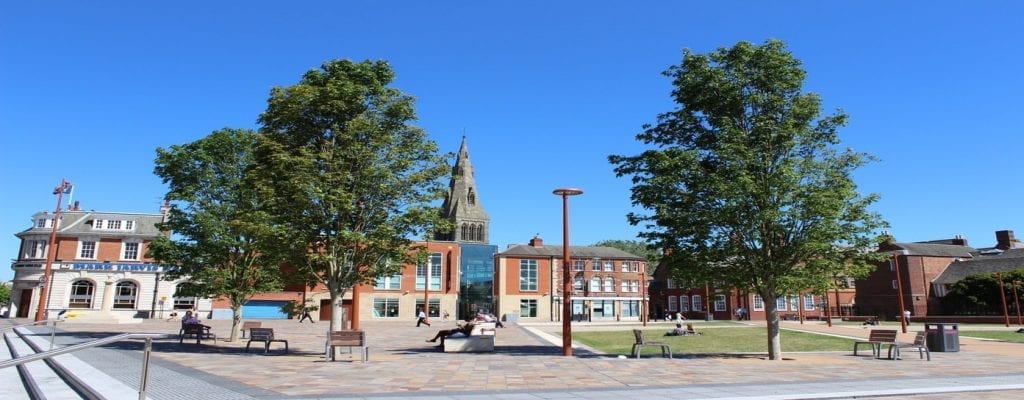
Having recently visited Leicester and the Integration of Green and Blue and with our history of delivering projects in and around the city, most notably our work on Jubilee Square, it seemed timely to reflect on the green and blue infrastructure of the city. Leicester currently has a Local Plan for consultation and this will […]
Sheffield: Social Justice, Flooding and Greenspace
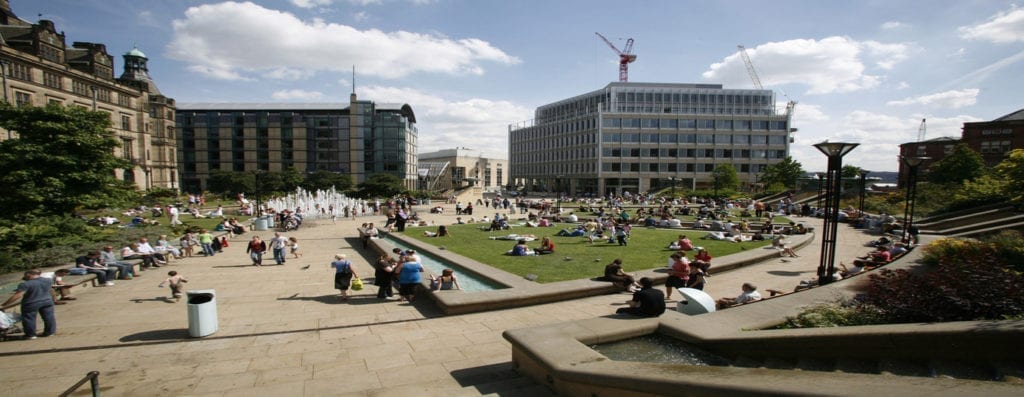
Sheffield, one of the eight key City Regions with a devolution deal struck in the era of the Cameron/Osbourne ‘Northern Powerhouse’ project, faces some tough challenges and some stark choices if it is to grow ‘sustainably’ and deliver the green and blue infrastructure its citizens require. It is understandably known as one of the ‘greenest […]
Mainstreaming Green Infrastructure (2016 LID Conference)
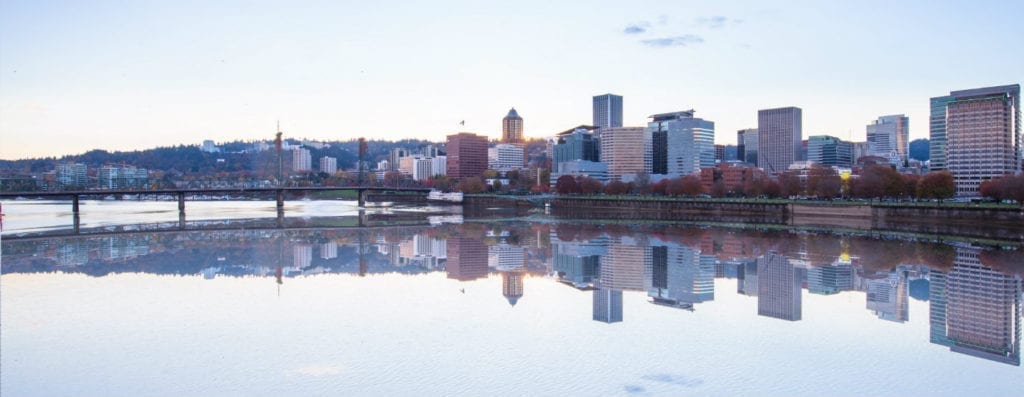
The 2016 International Low Impact Development Conference took place in beautiful Portland, Maine. It highlighted the mainstreaming of green infrastructure and Low Impact Development (LID) in municipal planning and policy making, as well as new and existing work and research in the United States and around the world. Organized by the EWRI Urban Water Resources Research […]
The World’s Most Sustainable Cities

Sustainability… Perhaps one of the most overused buzzwords of the 21st Century. But what does it actually mean, and why is it so critical? More importantly, what cities are doing it right and making a real impact on not only regional, but global sustainability? This article looks into these points and discusses how green infrastructure plays […]
Renew Wales Annual Conference
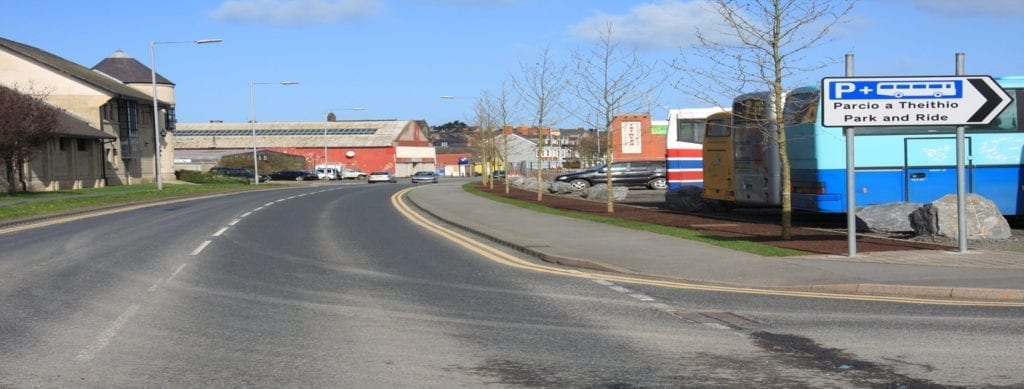
I had the privilege of delivering a workshop on integrating green and blue infrastructure into Neighbourhood Plans and the new ‘Place Plans’ in Wales at the Renew Wales 2016 conference. Renew Wales work with community groups to facilitate and provide guidance for the delivery of projects that will help to create more sustainable, climate resilient […]
Building with Nature at DEFRA
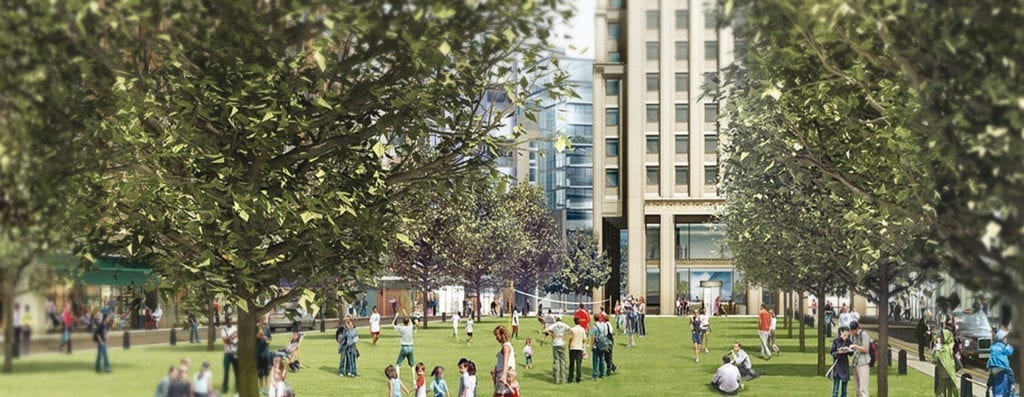
Building with Nature – Panel Debate at DEFRA September 2016 Following the announcement by DEFRA that there would be investment of 2.3bn to improve the UK’s natural environment and that the life of the Natural Capital Committee would be extended to develop a comprehensive 25-year plan. Key stakeholders were invited to a debate on the […]
Accessible Natural Greenspace Standards
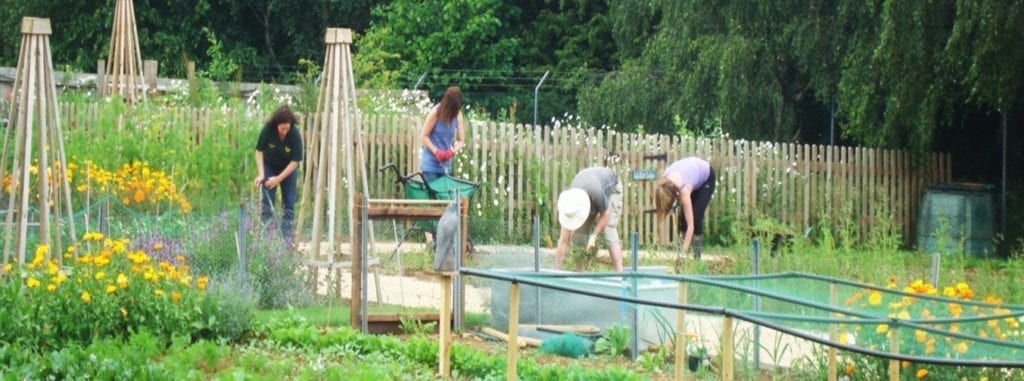
Problems with ANGST? Then you might need some Vitamin G – A dose of ‘greenspace’ could be just what the Doctor ordered. Accessible Natural Greenspace Standards, valuing natural capital and means of surveying people’s ability to connect with their natural environment are purportedly priorities for many elected representatives and aspirant contenders across our big cities […]
A Model for Future Planning: Innovative Stormwater Management at the Nine Elms Development
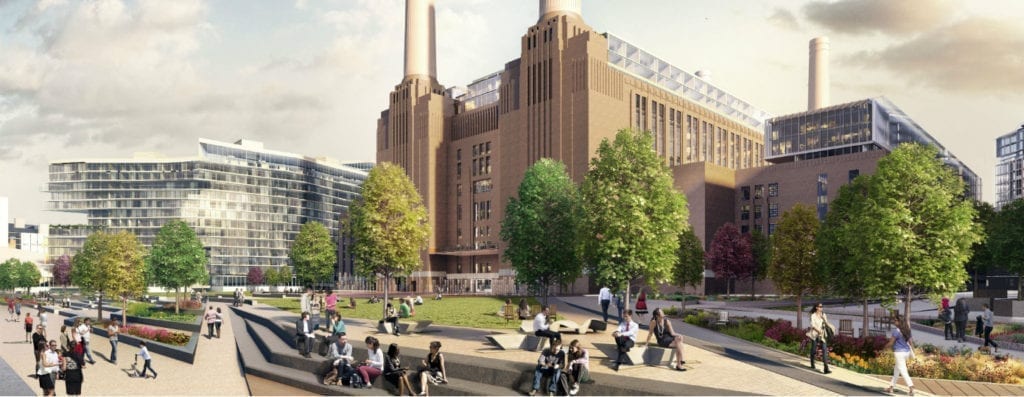
We all know that to fully realise the potential of green infrastructure across our ever expanding urban environments, new and adaptive funding mechanisms must be put in place to ensure the long term maintenance of the nature based solutions implemented. The planning system must be responsive to the constantly changing demands of our urban communities. […]
Launch of Forestry Commission’s “Urban Forest Vision”
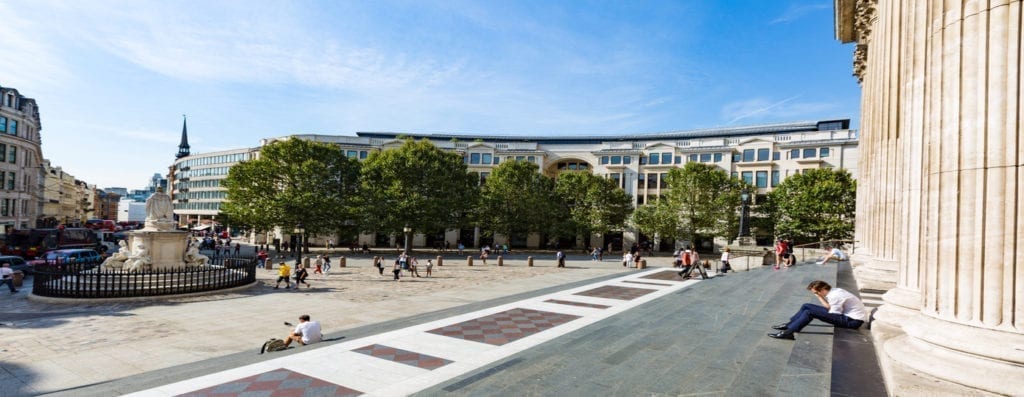
With urban tree populations around the world on the decline, the Forestry Commission has recently produced their vision for a resilient urban forest in view of reversing the steady decline in urban canopy cover. The document, that will be circulated around local authorities and housing developers, seeks to clarify the concept of an urban forest, the […]
When Many Street Trees Start to Fail, Trees in StrataCells Thrive
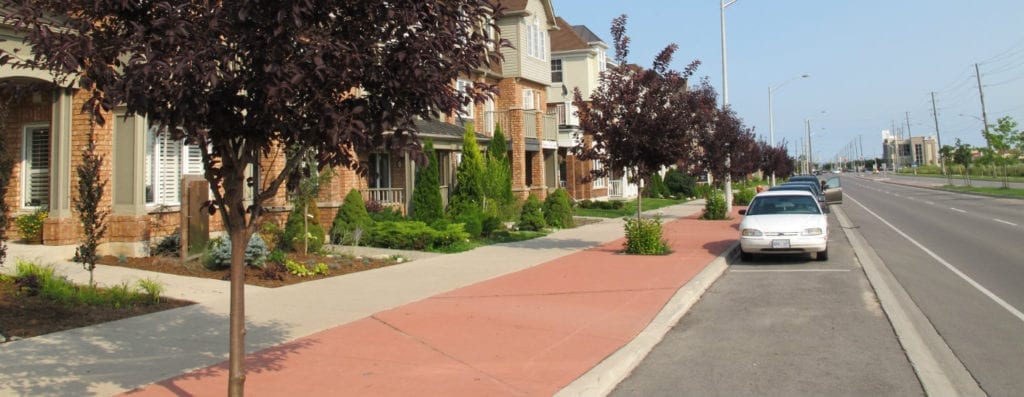
As part of the Greater Toronto Area, Burlington Ontario has thousands of commuters travelling to and from the city every day. Walkers Line is a key north-south road that runs through Highway 407, the QEW (Queen Elizabeth Way), and Lakeshore Road – all major routes that head into Toronto. In the development of the new Walkers Line residential area in 2010, […]
Supporting the Plymouth Tree Partnership

This week, the Plymouth Natural Infrastructure team in collaboration with the Plymouth Tree Partnership organised a summit at the Devonport Guildhall to discuss Plymouth’s vision for trees. It was wonderful to see representatives from the public and private sectors as well as those from voluntary organisations such and the Plymouth Open Spaces Network. All give […]
Healthy New Towns
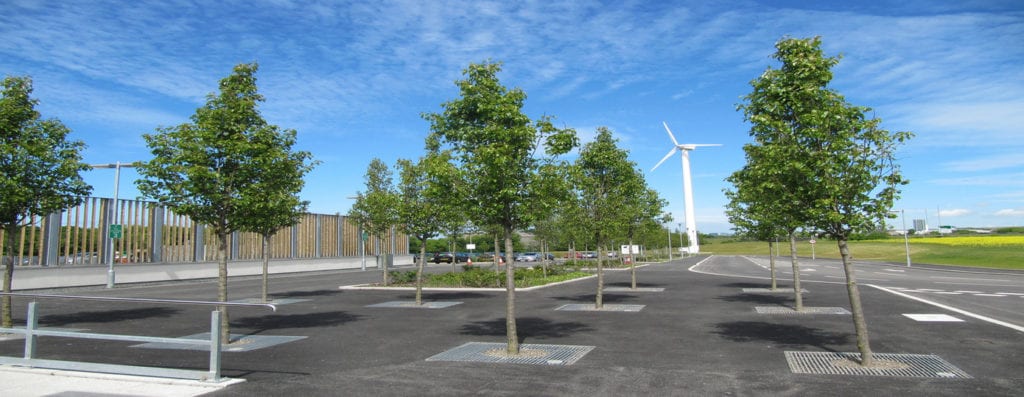
It is heartwarming and exciting to know that the NHS has become involved with the design and implementation of healthy new towns across the United Kingdom. The case studies / pilot sites chosen from a diverse number of regions are illustrative of the breadth and range of opportunities for intervention to create more sustainable, resilient […]
Raising Awareness at the Central Scotland Green Network Trust
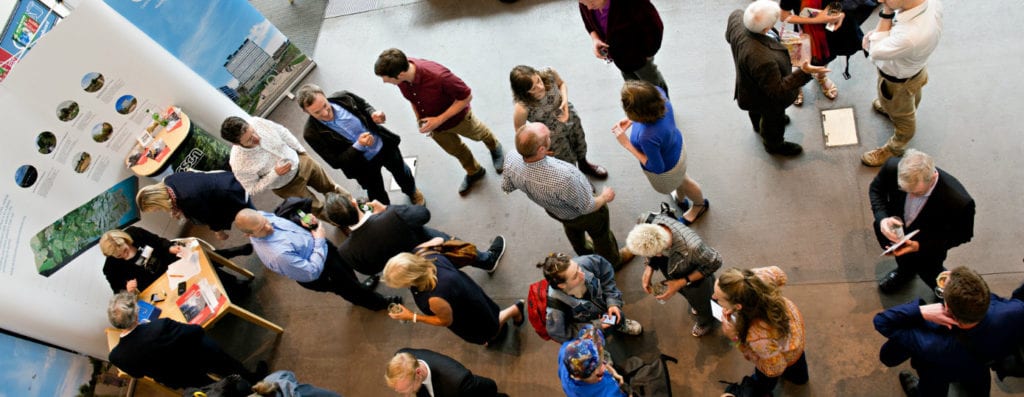
Every year for the past five years, Central Scotland Green Network Trust (CSGNT) has hosted a Forum. The goal has been to draw high quality researchers and practitioners internationally. The network plays a vital role in drawing together representatives from the public and private sectors. We are delighted to support this network which sets out […]
A Tour of the Importance of Trees Around the UK Parliament
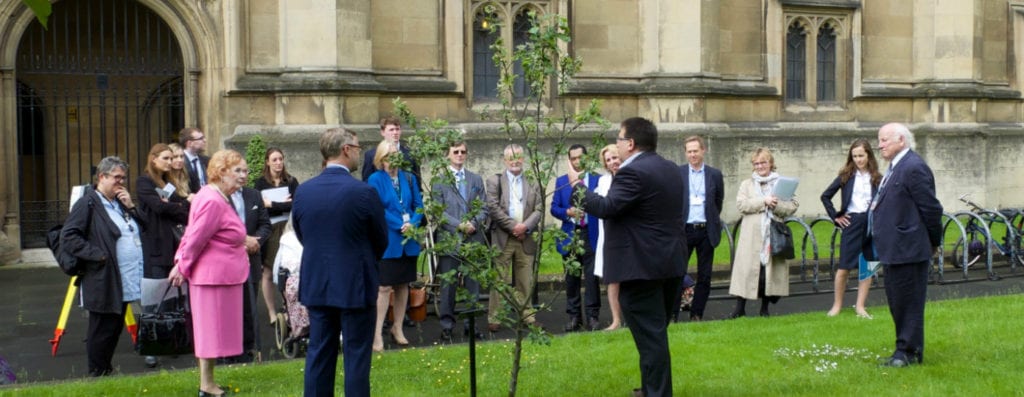
On Tuesday 14th June, two representatives from the GreenBlue Urban team were privileged to take part in the ‘Tour of Important Trees on the Parliamentary Estate’. Meeting at Westminster Hall, leading experts from the Arboricultural industry, including Jago Keen and Karen Martin from the Arboricultural Association, Kenton Rogers of Treeconomics, Ian Barrow from Bartlett Trees […]
What You Should Know About Specifying Green Wall Systems

The use of climbing plants is an interesting way to enhance living and working environments. Greening of facades, pergolas, and garden spaces are an ecologically sound method of taking your project beyond the ordinary. Greening is progressively difficult in overcrowded urban scenarios, yet at the same time it is becoming increasingly important to incorporate green infrastructure […]
The Difference Between Soil and Sand

When was the last time you heard about the Sahara forest? Although sand is light and easy to work with, thousands of years’ experience in nature has proved conclusively, that good quality uncompacted topsoil, provides the most natural and beneficial rooting environment for trees. That is why, at GreenBlue Urban, we recommend StrataCells as offering a best practice methodology for […]
Soil Cells at Blackheath Hill | 14 Year Review

This project was planted in 2001 as one of the first installations in the world utilizing the commercial use of soil support cells for tree root growth. The international engineering group involved in the design improvements to this major roadway had identified a planting location, but realized that without proper provision below ground, the tree would become an expensive failure. Recognizing […]




